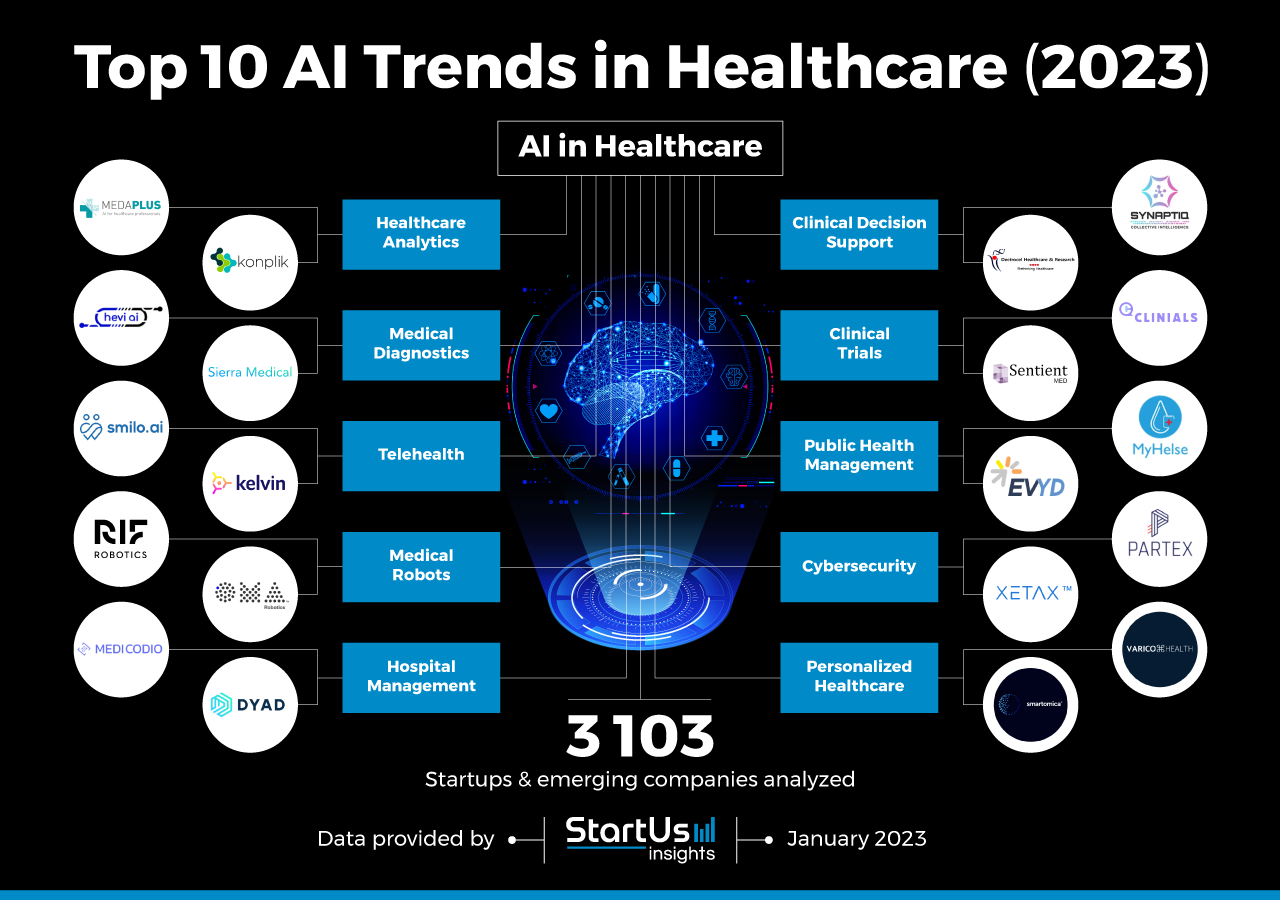Quick Summary
As we look towards 2025, artificial intelligence (AI) is set to play a significant role in healthcare. Despite the rapid advancements in AI technology, challenges remain, particularly in the area of reimbursement for new AI-driven devices and processes.
Key Insights
- Growing Investment: A recent survey indicates that 73% of healthcare organizations plan to increase their financial commitments to AI technologies.
- Reimbursement Challenges: The path to reimbursement for AI products is often unclear and slow, which can hinder adoption. It can take up to seven years from FDA clearance to establish reimbursement.
- Governance Structures: 73% of organizations have set up governance frameworks to align AI initiatives with their values, focusing on ethics, safety, and data policies.
Current Landscape
AI is increasingly recognized as a transformative force in healthcare. A significant number of healthcare leaders express confidence in AI’s potential to enhance patient and clinician experiences. However, many organizations are still cautious, opting to pilot small-scale projects before broader implementation.
Revenue Cycle Management
- AI is being explored to improve revenue cycle performance, with nearly half of healthcare leaders reporting low net collection yields.
- AI-powered automation could save the healthcare industry approximately $9.8 billion by addressing issues like claim rejections and prior authorization denials.
Future Directions
Healthcare organizations are actively seeking to establish clearer reimbursement pathways for AI technologies. Proposals have been made to provide temporary reimbursement for breakthrough devices, which could facilitate faster access to innovative solutions for patients.
Conclusion
While the healthcare industry is making strides in AI adoption, the reimbursement landscape remains a significant barrier. Addressing these challenges will be crucial for unlocking the full potential of AI in improving patient care and operational efficiency.
